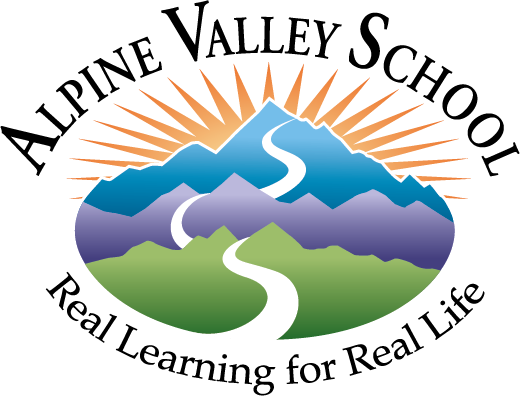Successful Struggles
In a striking passage near the end of Daring Greatly, Brené Brown addresses the topic of helicopter parenting, emphasizing both the difficulty and the necessity of letting kids struggle:
There seems to be growing concern on the part of parents and teachers that children are not learning how to handle adversity or disappointment because we’re always rescuing and protecting them. It’s not that our children can’t stand the vulnerability of handling their own situations, it’s that we can’t stand the uncertainty, risk, and emotional exposure, even when we know it’s the right thing to do. I no longer see rescuing and intervening as unhelpful; I now think about it as dangerous. Don’t get me wrong—I still struggle and I still step in when I shouldn’t, but I now think twice before I let my discomfort dictate my behaviors. Here’s why: Hope is a function of struggle. If we want our children to develop high levels of hopefulness, we have to let them struggle. And let me tell you, next to love and belonging, I’m not sure I want anything more for my kids than a deep sense of hopefulness.
Reading this, I was reminded of the story about a butterfly greatly harmed by someone's well-intentioned help. Here's the version told by writer Paulo Coehlo:
A man spent hours watching a butterfly struggling to emerge from its cocoon. It managed to make a small hole, but its body was too large to get through it. After a long struggle, it appeared to be exhausted and remained absolutely still.
The man decided to help the butterfly and, with a pair of scissors, he cut open the cocoon, thus releasing it. However, the butterfly’s body was very small and wrinkled and its wings were all crumpled.
The man continued to watch, hoping that, at any moment, the butterfly would open its wings and fly away. Nothing happened: in fact, the butterfly spent the rest of its brief life dragging around its shrunken body and shrivelled wings, incapable of flight.
What the man—out of kindness and his eagerness to help—had failed to understand was that the tight cocoon and the efforts that the butterfly had to make in order to squeeze out of that tiny hole were Nature’s way of training the butterfly and of strengthening its wings.
There's an inherent paradox in raising children, a basic, unavoidable dilemma: they enter the world completely dependent, while our goal is to help them become independent. Time and again, over the course of many years, we're pulled in opposite directions in wanting to do what's best for the young people in our care.
When it comes to letting kids struggle, examples abound of taking it to an extreme, from letting the very young just "cry it out" to showing "tough love" later on. I don't want to reduce this to a simplistic formula ("struggle good, rescue bad") or a rant against helicopter parenting. For me, the question is how to find a middle ground between enabling or rescuing, on the one hand, and on the other, deeming it our job to dole out unpleasant, "character building" opportunities.
At Alpine Valley School, we believe that challenges and struggles aplenty arise on their own when you let young people live their own lives: there's no need for (and, indeed, much harm in) inflicting scheduled, structured, arbitrary struggles on them in the name of "rigor" or "grit" or whatever the buzzword of the day might be. We also believe that growing up in a supportive, respectful community is a healthy, natural way to learn how to appreciate and cultivate a support network.
And so we trust kids to negotiate authentic struggles, in their own ways and at their own pace, even as we remind them that they have the power to do so. AVS students have the opportunity to confront difficulties on their own, and they have access to people of a wide range of ages and personalities when they want help. Staff members in particular are always developing our sense of when to offer an encouraging word and when to back off and allow students the time and space to find paths of their own.
Whether it's a disagreement with a friend, the challenge of deciding what to do with their time, or any of the fears and frustrations we all encounter in our lives, I personally struggle to think of a better balance of freedom and support than what we offer here at Alpine Valley School. Yes, it can be very painful, even heartbreaking, to watch the young people we care for go through difficulties. Yet allowing them to grow into their own strength, naturally and powerfully, is truly the greatest support we can offer.
